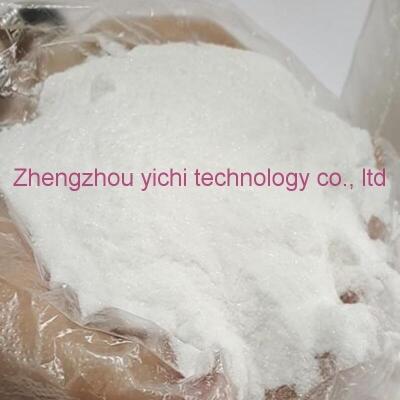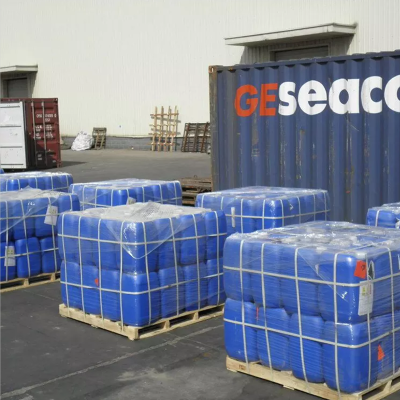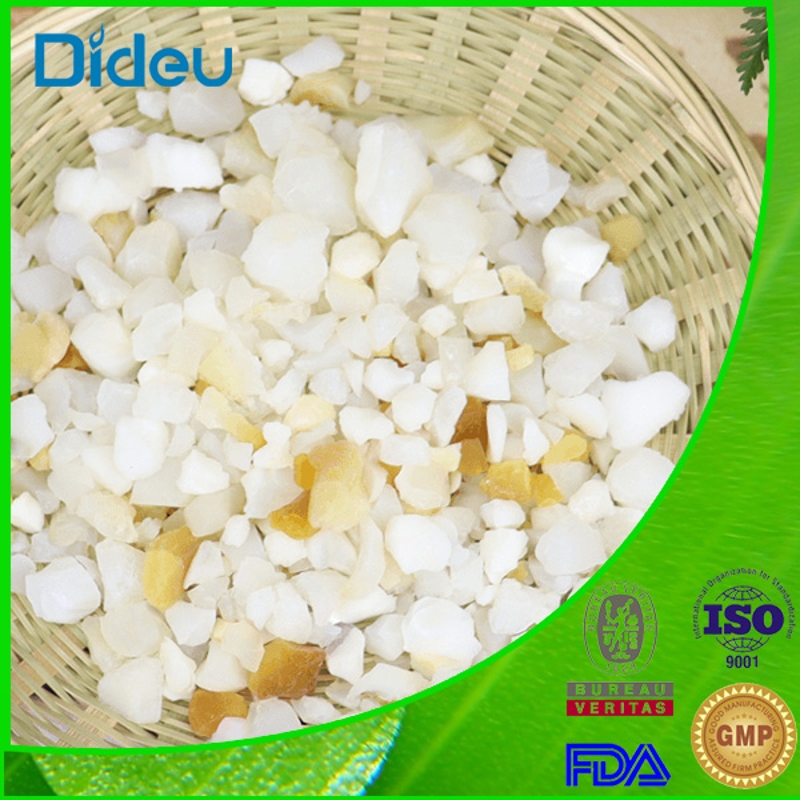-
Categories
-
Pharmaceutical Intermediates
-
Active Pharmaceutical Ingredients
-
Food Additives
- Industrial Coatings
- Agrochemicals
- Dyes and Pigments
- Surfactant
- Flavors and Fragrances
- Chemical Reagents
- Catalyst and Auxiliary
- Natural Products
- Inorganic Chemistry
-
Organic Chemistry
-
Biochemical Engineering
- Analytical Chemistry
-
Cosmetic Ingredient
- Water Treatment Chemical
-
Pharmaceutical Intermediates
Promotion
ECHEMI Mall
Wholesale
Weekly Price
Exhibition
News
-
Trade Service
4-Ethylguaiacol is a compound that is commonly used as a flavoring agent in various food products, as well as in cosmetics and perfumes.
It is known for its sweet and floral aroma, and it is often used in the production of soft drinks, ice cream, and other sweet treats.
In the chemical industry, 4-Ethylguaiacol is used as an intermediate in the production of a variety of chemicals and fragrances.
One of the key applications of 4-Ethylguaiacol is in the production of fragrances and perfumes.
It is used as a building block for the creation of various fragrance blends, and it is known for its ability to provide a sweet and floral note to perfumes and other fragrance products.
In addition to its use in perfumes, 4-Ethylguaiacol is also used in the production of soaps and other personal care products, where it is used to provide a pleasant aroma and to enhance the overall sensory experience of the product.
Another key application of 4-Ethylguaiacol is in the production of other chemicals and materials.
It is used as a raw material in the production of various resins, plastics, and other synthetic materials, and it is also used as an intermediate in the production of pharmaceuticals and other healthcare products.
In the production of these downstream products, 4-Ethylguaiacol plays a critical role as an intermediate.
It is used as a starting material in the synthesis of various chemicals and materials, and it is often converted into other compounds through chemical reactions.
These reactions can involve the use of various chemical catalysts and reaction conditions, and the specific methods used will depend on the desired product and the specific properties that are required.
One of the key advantages of using 4-Ethylguaiacol as an intermediate in the production of other chemicals and materials is its ability to provide a sweet and floral note to the final product.
This makes it a popular choice for use in the production of fragrances and personal care products, where a pleasant aroma is a key consideration.
In addition to its use as a flavoring agent, 4-Ethylguaiacol is also known for its ability to enhance the overall sensory experience of a product.
The production of 4-Ethylguaiacol is an important industrial process that involves the use of various chemical and mechanical methods.
The specific steps involved in the production process will depend on the specific method used, but the general process involves the isolation and purification of 4-Ethylguaiacol from its source, followed by various chemical reactions and treatments to convert it into the desired intermediate or final product.
The production of 4-Ethylguaiacol typically involves the use of various chemical reactions and purification methods, which can be performed using a variety of chemical equipment and processes.
This may include the use of distillation columns, crystallization tanks, and other equipment commonly used in the chemical industry.
The specific methods used will depend on the specific conditions and requirements of the production process.
In the production of 4-Ethylguaiacol, it is important to follow proper safety and environmental protocols to minimize the risk of accidents and to ensure that the production process is as safe and sustainable as possible.
This may include the use of protective equipment and safety measures, as well as the implementation of waste reduction and recycling programs to minimize the environmental impact of the production process.
Overall, the production of 4-Ethylguaiacol is an important industrial process that involves the use of various chemical and mechanical methods.
It is used as an intermediate in the production of fragrances, personal care products, and other chemicals and materials, and it is known for its ability to provide a sweet and floral note to these products.
The production process involves the use of various chemical and mechanical methods, and it is important







